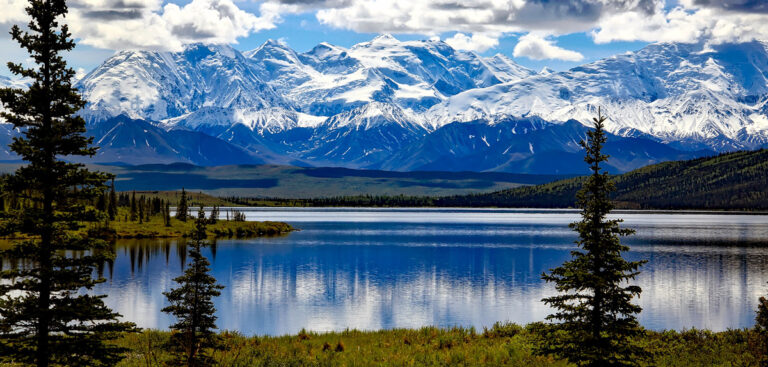A new study will allow scientists to better predict the warming of the world’s freshwater lakes due to climate change.
The ground-breaking research led by the UK Centre for Ecology & Hydrology (UKCEH) has created a system for classifying lakes according to their ‘thermal region’.
The thermal regions were identified by measuring seasonal patterns of surface water temperatures. Lakes in the coldest thermal region are in places like Alaska, Canada, northern Russia and China. The warmest thermal region lakes are in equatorial South America, Africa, India and Southeast Asia.
According to the study, under the most extreme climate change scenario by 2100 average lake temperatures will be around 4C warmer and 66% of lakes globally will be classified in a warmer thermal region than they are now.
The temperature classification scheme was produced by analysing satellite images of more than 700 lakes taken over a period of 16 years.
By combining the images with a lake model and climate change scenarios, the team was able to identify that northern lakes, such as those in the UK, will be particularly sensitive to climate change. Particularly at risk were the fish species native to these lakes, such as salmon and trout.
“Cold-water fish species in particular can be stressed by warmer temperatures,” said UKCEH’s Professor Stephen Maberly, who lead authored the study. “The potential negative impact on salmonids such as salmon, trout and Arctic charr, for example, is concerning because they play a central ecological role within food webs and also have great economic importance.”



